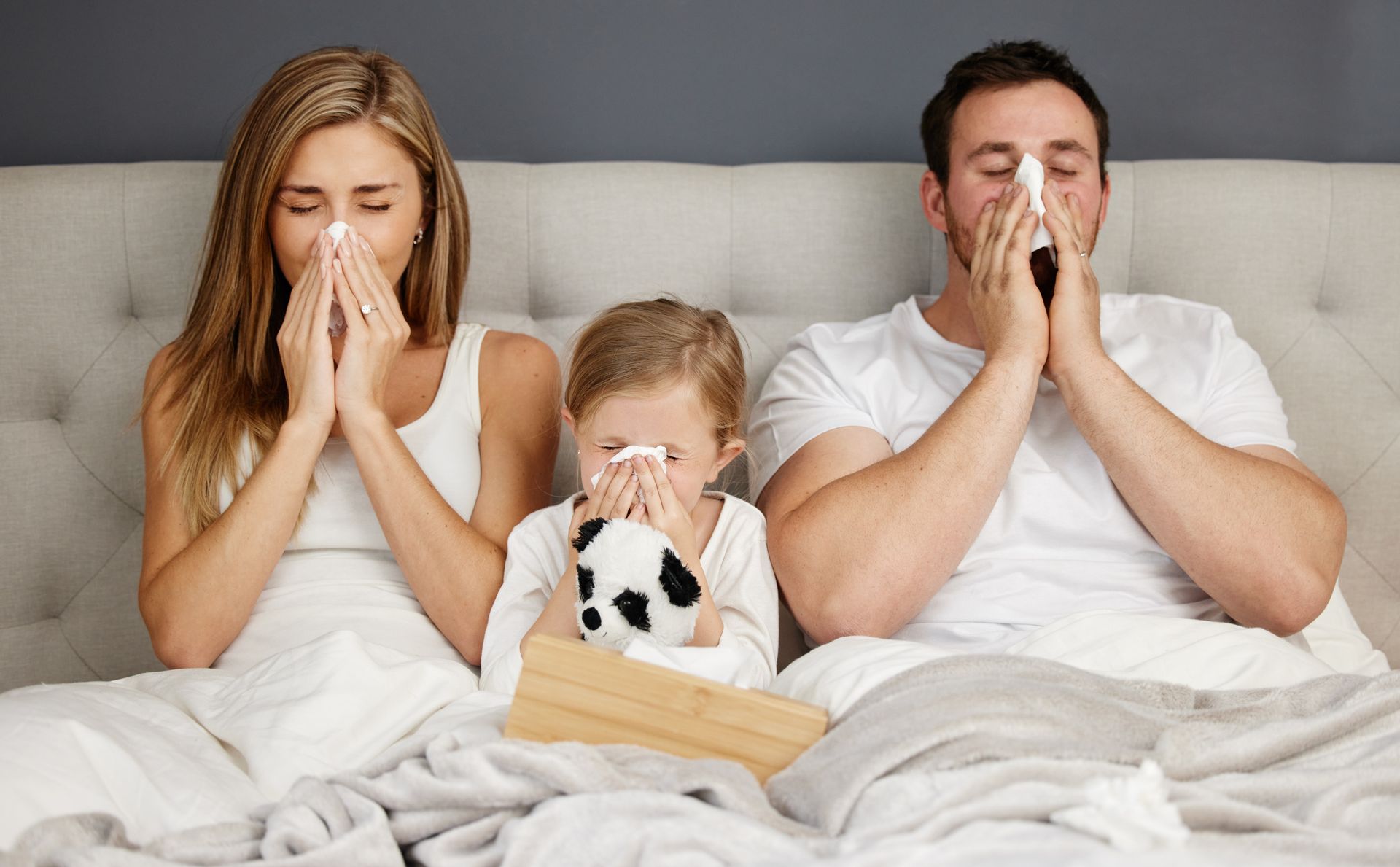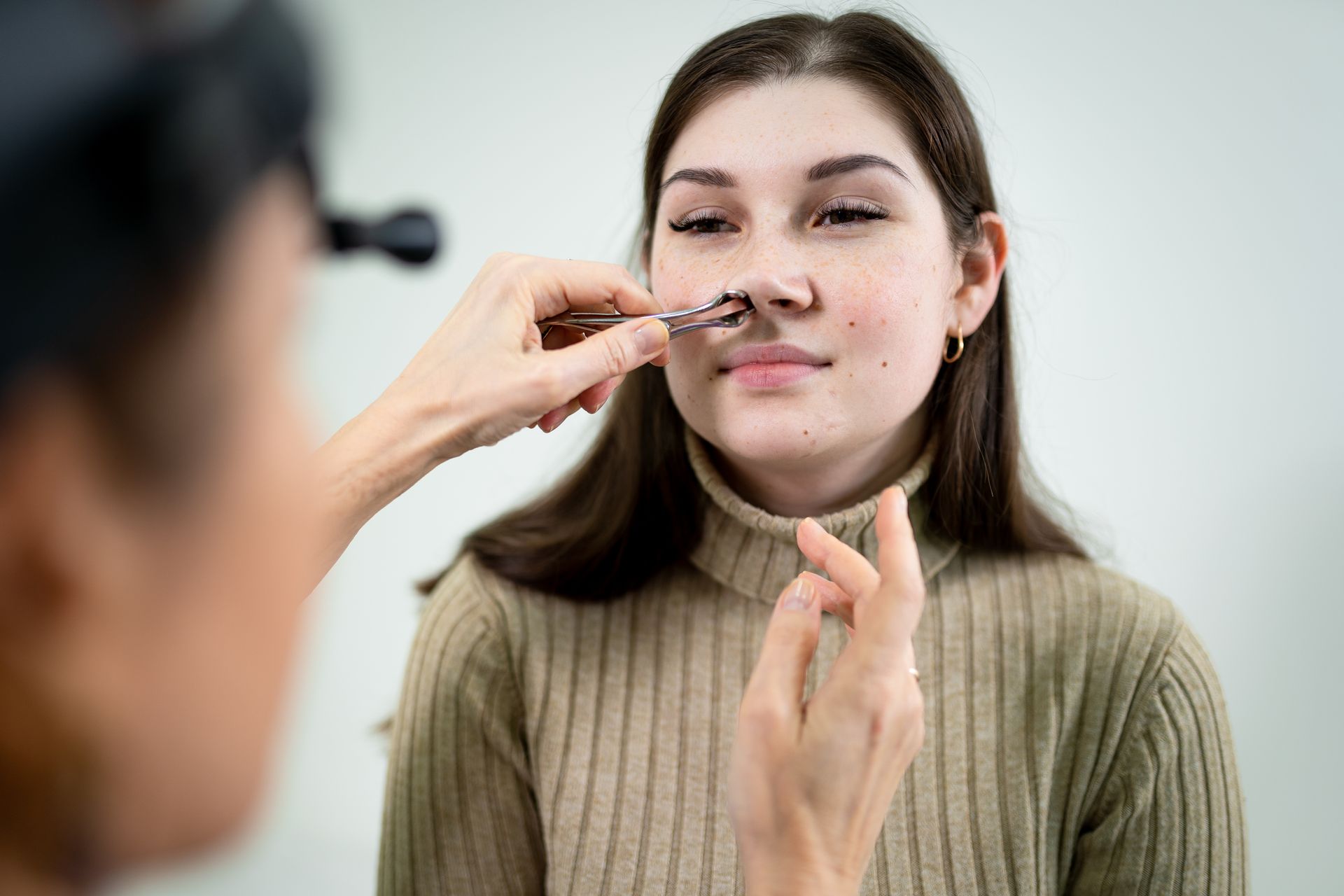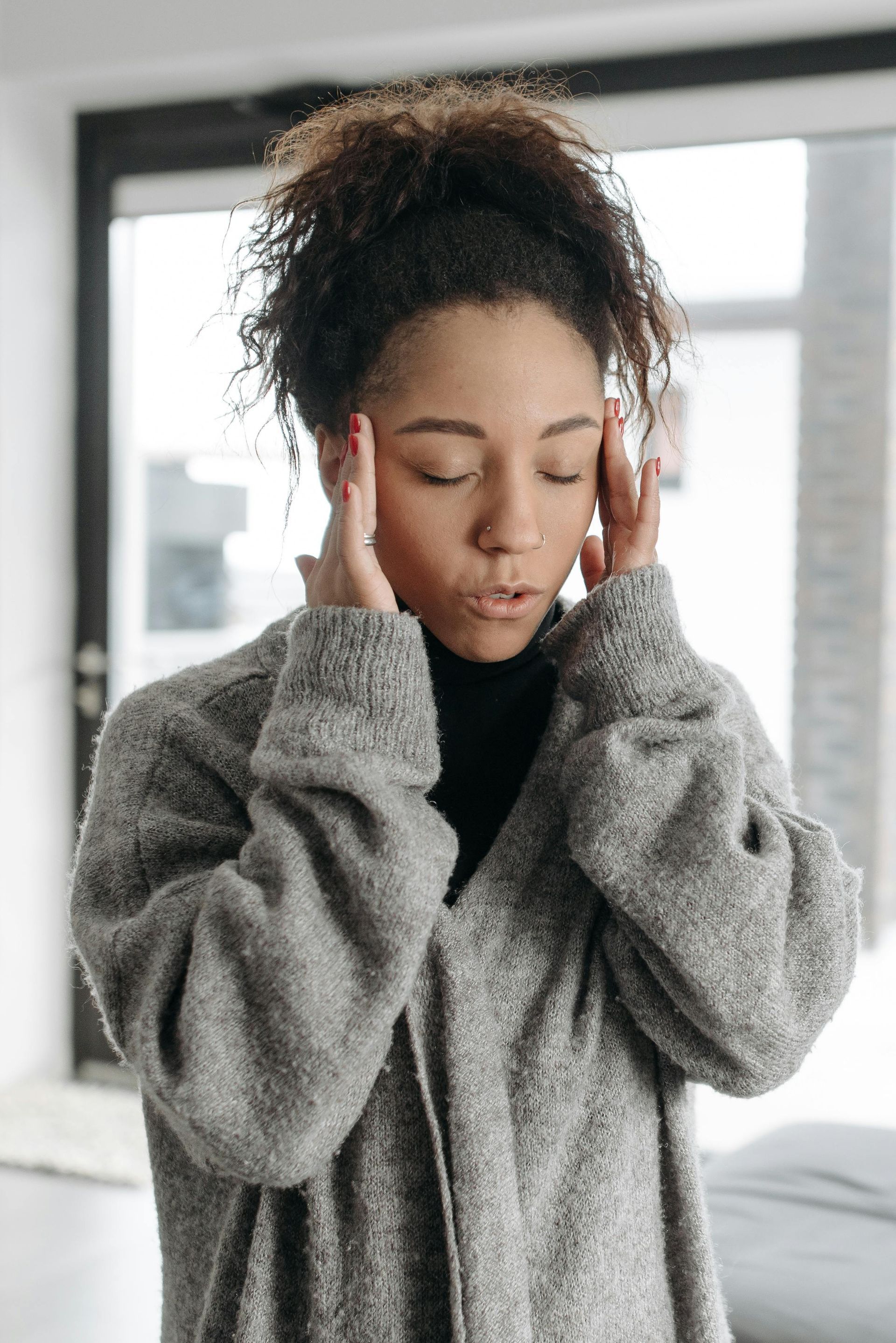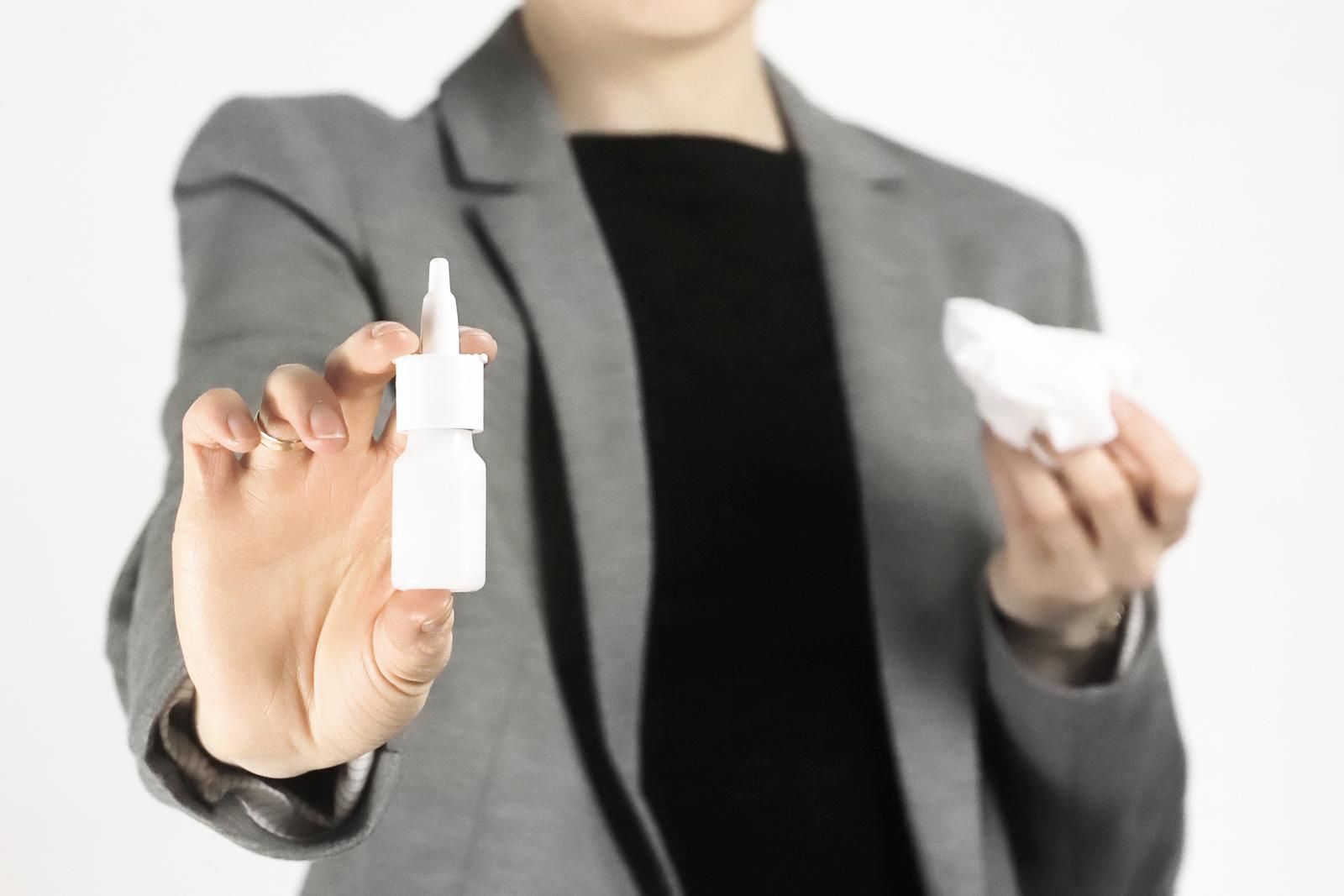The Best Treatments for Allergies with Sore Throat
Inhalant allergies are common and cause allergy symptoms such as a runny or itchy nose, sneezing, watery eyes, and itchy skin. Allergies can also lead to a sore throat, which can be confused for strep pharyngitis, tonsillitis, COVID-19, and other infections. The difference between allergy-related sore throats and infectious sore throats can be difficult to diagnose without a healthcare professional’s expertise. Many treatments are effective at relieving sore throat caused by allergies. One of the most effective treatments for either condition is antihistamine medications. These medications work by blocking H1 receptors on mast cells and basophils in the nasal passages and mouth; thereby reducing histamine release from these areas and relieving your symptoms. But how do you know your sore throat is caused by allergies, and what treatment is best for treating allergies with sore throat? In this blog post, we answer those questions and more to help you find a way to relieve your symptoms.
What are Allergies?
Allergies are a type of immune response. When your body is exposed to an allergen, it kicks into gear and produces antibodies to protect itself from future exposure to the allergen. Allergy symptoms can include runny, itchy nose, sneezy, watery eyes, and itchy skin. They can also cause sore throat.
What is Bad about Louisville Allergies?
Have you ever noticed that a lot of people in Louisville have allergies? If so, you’re not the only one. It turns out that our city ranks high among cities with the most allergies in America!
What are Allergy Symptoms?
Allergies are caused by the immune system’s reaction to substances it identifies as a threat. These substances are called antigens, which is why allergy symptoms are so commonly referred to as “allergy symptoms.” Antigens can be things like pollen or pet dander. Once the body recognizes these antigens as threats, it produces chemicals in response. These chemicals cause your symptoms that you recognize and that you’ll talk about when you call them “symptoms of allergies.” In allergic rhinitis, specific antigens trigger just one of three things: sneezing, itching, or watery eyes and nose.
What is the Best Allergy Treatment?
If you have allergies with sore throat, treatments include nasal corticosteroid sprays and antihistamine medications. Nasal corticosteroid is able to block multiple inflammatory mediators while antihistamine medication works by blocking H1 receptors on mast cells and basophils in the nasal passages and mouth; thereby reducing histamine release from these areas and relieving your symptoms. Pain medicine, such as acetaminophen, can be helpful too. You will find that many of the combination medications at your local drug store will have both antihistamines and acetaminophen to treatment allergies with sore throat. If you have ongoing allergies, you may benefit from allergy shots or allergy drops (called allergy immunotherapy). The best therapy for allergy sore throat is still dependent on how tolerant one is of various medicines.
What is Allergy Sore Throat Treatment?
Allergy sore throat treatment is a type of treatment that combined antihistamines and pain relievers to relieve your symptoms. The best part is that many of these medicines are available over-the-counter. You may ask yourself:
- What if there are any side effects associated with these medications?
- What if these treatments help your symptoms only temporarily?
- What if these treatments will cause other problems in the future?
If you're asking yourself any of these questions, then you probably need to see an allergy specialist, like one of the otolaryngologists (ear, nose & throat doctors) at ENT Care Centers in Louisville, KY.
Why You Should Visit ENT Care Centers in Louisville KY for Your Allergy Sore Throat
If you suffer from allergies with sore throat, you may already be familiar with the uncomfortable symptoms they cause. Many treatment options are effective at relieving this sore throat, including antihistamines, nasal corticosteroid sprays, and acetaminophen (pain relievers). At ENT Care Centers in Louisville, KY, our ear, nose, and throat doctors specialize in helping patients get relief in their symptoms. Contact us today and request an appointment. We look forward to seeing you!













